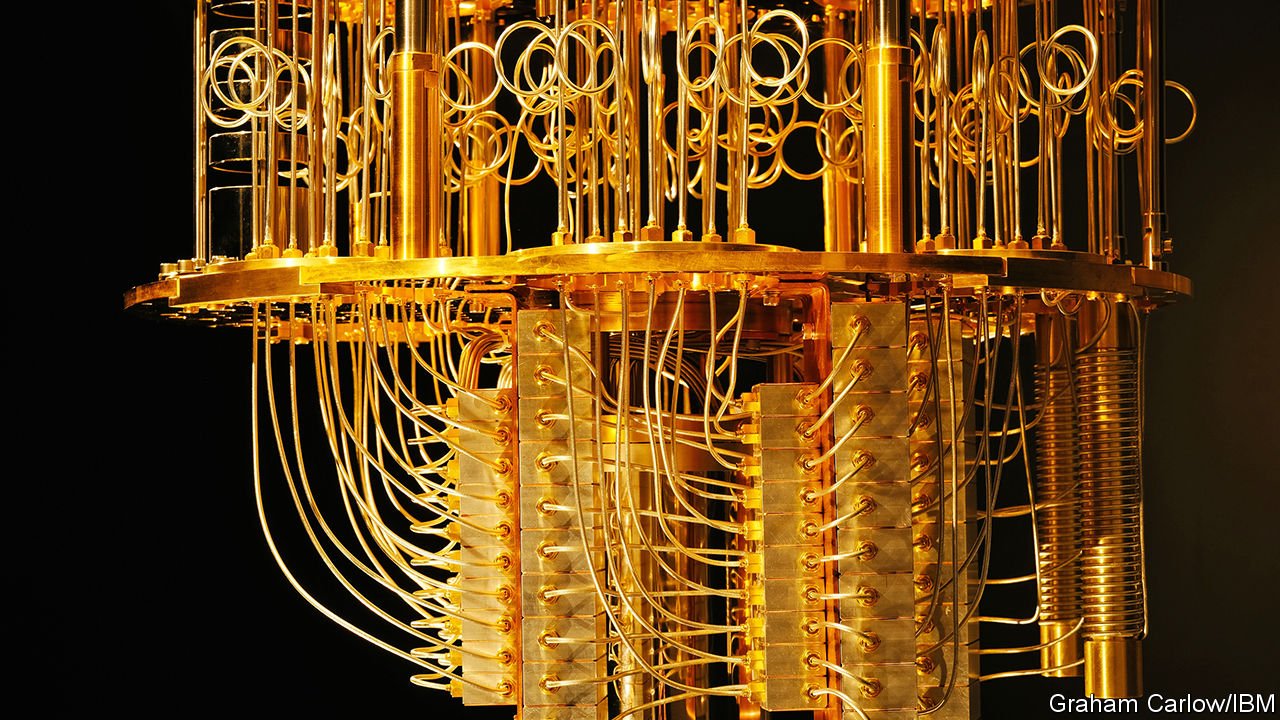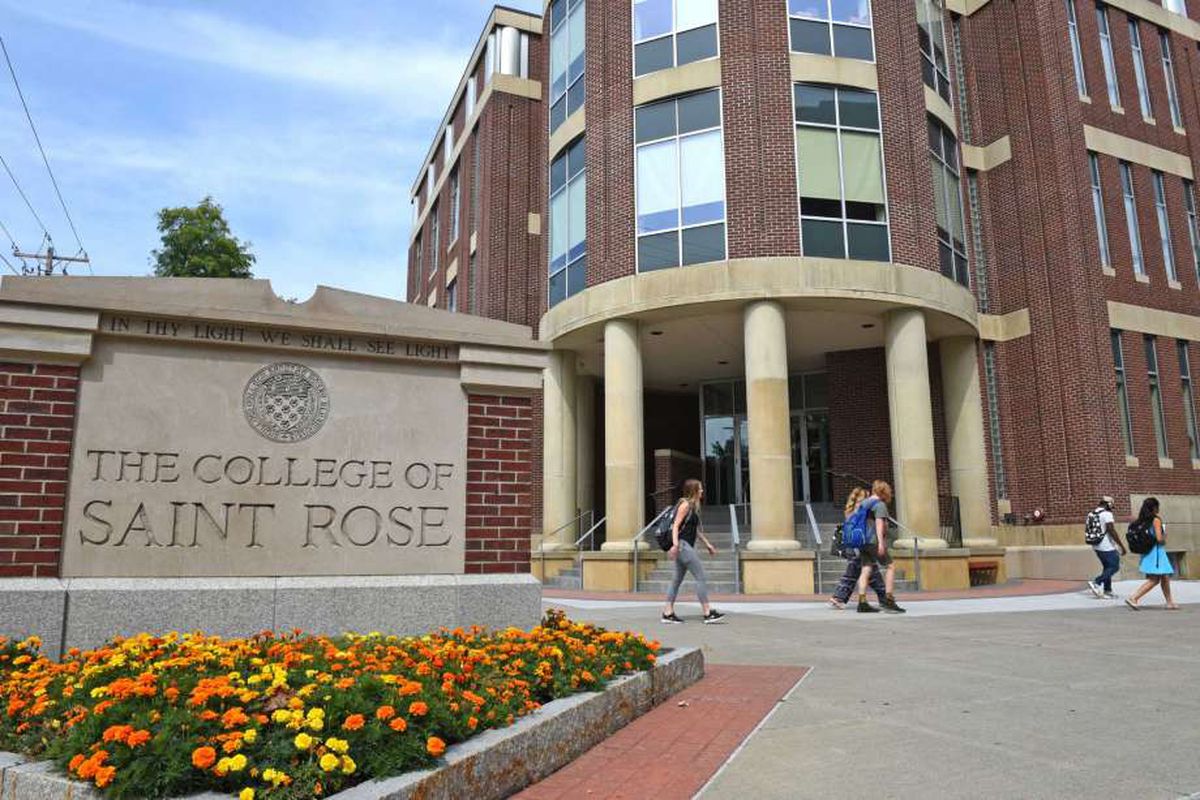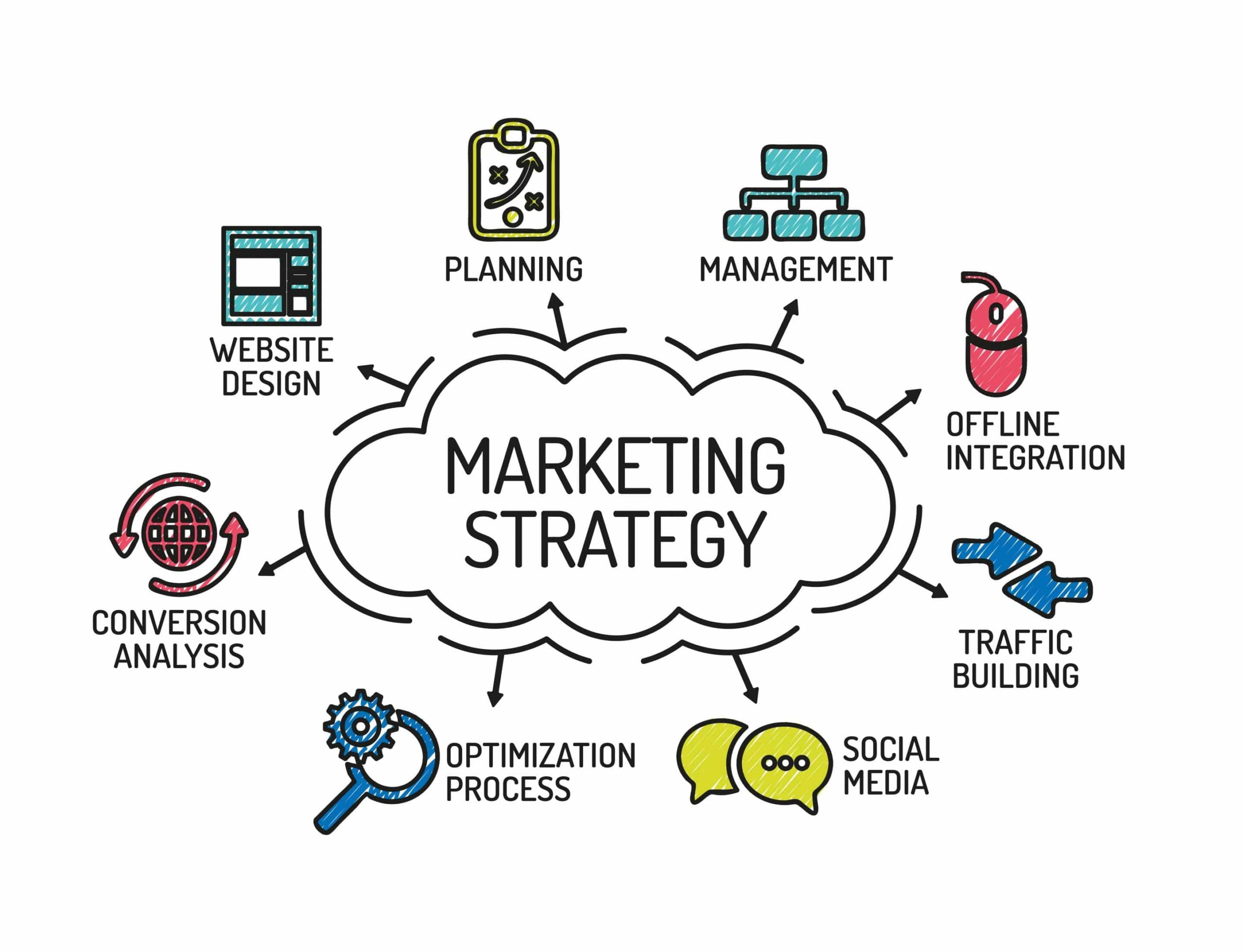Quantum computing is being over-hyped, said one of the laureates for 2012 Nobel Prize for Physics, French quantum physicist Serge Haroche. He made the remarks to reporters all through his visit to Huawei headquarters in Shenzhen on Monday.
Haroche, collectively with U.S. Physicist David Wineland, located a way to control character quantum systems, which earned them the Nobel Prize.
Though Haroche’s paintings paved the way for similar quantum physics researches, he admitted the quantum physics software still wants several efforts.
He listed a few most critical regions involving quantum physics. ““Quantum computing is still preliminary,” he stated, referring to contemporary quantum computers as toys. “China is doing an extraordinary activity in quantum verbal exchange,” he stated, the technology that makes use of quantum entanglement concept to switch records. “But the velocity may be very sluggish.”

China has built a thousand-kilometer-length quantum network with Micius quantum satellite. But the rate is still slower than a 2G cellphone.
Another location Haroche indexed is a quantum simulation so that you can result in other specific atom clocks. These clocks may be used on positioning structures like GPS to grow accuracy. “It is promising,” he informed journalists.
Huawei R&D spending is “top-notch.”
Haroche insisted he has no cooperative relationship with Huawei. But after seeing the organization’s efforts in research and development (R & R&D), Haroche stated he became surprised at how much money Huawei is inclined to invest.
“The French government positioned 2.2 percent of public cash into scientific studies,” he stated, “and Huawei is spending 60 percent of the quantity.” “Huawei goes from basically no one to the leader in 5G,” he delivered.
Haroche wished the massive tech to invest greater in primary science studies. “I take into account that companies need to spend big money to do basic technology, but it is nevertheless greater realistic than quantum computing.”
Emancipate the mind
Haroche additionally talked about the studies environment in China, which he thinks still has a lot to enhance, mainly releasing the thoughts of Chinese scientists.
“I’m not in a function to offer a recommendation, but I assume China’s emphasis on publication records has gone extreme,” he said. “This is bad for medical researches.”
He also advised China to rethink the value of seniority inside the labs, pronouncing the government should attempt to give extra space to young scientists. “Maybe China can attempt participating with different Asian international locations,” he added.







